If you’ve ever wondered whether retinol is harmful or if rosehip oil is a safe, natural alternative to vitamin A, you’re not alone. These are some of the most frequent questions I get as a holistic aesthetician focused on results-driven skin treatments rooted in corneotherapy principles.
Retinoids: Powerful, Proven, and (Generally) Safe
Let’s be clear: retinoids work. Unless you’ve experienced an allergy or significant sensitivity, topical vitamin A derivatives are among the most effective ingredients for reversing signs of aging, clearing acne, and brightening pigmentation. The key player here is retinoic acid—the only form of vitamin A that directly communicates with skin cells to trigger collagen production and renewal.
The clinical evidence is solid and abundant, with in-vivo (human-tested) studies like these backing its efficacy:
https://www.ncbi.nlm.nih.gov/pmc/articles/PMC6791161/
and this:
https://www.ncbi.nlm.nih.gov/pmc/articles/PMC2699641/.
But What About Rosehip Oil as a Natural Retinoid?
Rosehip oil is often marketed as a "natural retinoic acid" source, but let's dive into the numbers.
Pure, cold-pressed rosehip oil contains around 0.357 mg of retinoic acid per liter, which translates to a minuscule 0.00003923% tretinoin. This already tiny amount can be even lower in refined versions of the oil. Most cosmetic formulations do not use rosehip oil at high percentages either.
Take this "Retinoic Face Oil" as an example. Based on a reverse analysis of their INCI list, rosehip oil makes up roughly 37% of the formula. That would bring the product’s retinoic acid content to just 0.0000145%—a fraction so small it would have negligible biological effect on the skin.
For comparison, prescription-strength tretinoin starts at 0.025%—meaning you'd need thousands of applications to match a single tube of medical-grade retinoid.
While rosehip oil remains a beautifully nourishing plant oil rich in antioxidants and essential fatty acids, it simply does not deliver clinically meaningful levels of active vitamin A. Brands using terms like “retinoic” in the product's name without containing significant active ingredients can be misleading. Always read between the marketing lines.
Pregnancy and Retinol: A Gray Area Worth Respecting
The real concern around vitamin A isn’t topical irritation—it's teratogenicity (the potential to cause birth defects). However, this risk only applies to oral retinoids like isotretinoin (Accutane). So far, no clinical trials have proven topical retinoids are harmful during pregnancy—but that’s because no one wants to take the legal risk of studying it. Due to ethical concerns, clinical trials to establish the safety of retinoids in pregnant women will most likely never be conducted.
If you are like me and prefer to take a cautious approach and avoid all forms of vitamin A during pregnancy and lactation, that is a completely valid decision. So for those who are planning to conceive, expecting, or nursing, I often recommend opting for products with other active ingredients such as:
Lactic acid (gentle exfoliant)
Glycolic acid (stimulates skin renewal)
Vitamin C (brightens and protects)
Our Beleza by Z Tallow Skin Tint 4-in-1 Serum is a perfect multitasking serum for pregnancy-safe radiance. And if you’re skipping topical vitamin A, remember you can still support your skin from within. Beef liver is nature’s most bioavailable source of retinol. Learn more here:
Want an Effective Retinoid Without the Side Effects?
If you're seeking the benefits of vitamin A without the peeling, redness, or irritation, our Beleza by Z Advanced Night Repair Bio Lipids Serum is a results-driven alternative designed for sensitive, mature, or reactive skin.
This high-performance formula features a gentle, synergistic blend of clinical-grade actives, including:
Hydroxypinacolone Retinoate (HPR) – a bioavailable ester of all-trans retinoic acid that binds directly to retinoid receptors without requiring metabolic conversion, delivering visible results with minimal risk of sensitivity.
Encapsulated Microdose Retinol – suspended in time-release spheres to minimize irritation while maximizing penetration, this intelligent delivery system allows the skin to gradually absorb retinol at a tolerable pace—even for first-time users.
Tetrahexyldecyl Ascorbate – a stable, oil-soluble vitamin C that works deep within the skin to even tone and stimulate collagen.
Astaxanthin & Ferulic Acid – two powerful antioxidants that boost skin luminosity, reduce oxidative stress, and protect against environmental aging.
What sets this serum apart is our lipid-based delivery system. We merge these active ingredients into a base of bioidentical lipids derived from suet-rendered beef tallow—an emollient nearly identical in composition to the skin’s natural sebum. These lipids help reinforce the skin barrier while acting as a transdermal carrier, allowing actives like retinoids and antioxidants to penetrate more efficiently and perform without disruption or dryness.

For the record: Retinoids are not inherently toxic, but caution during pregnancy is wise.
Rosehip oil contains traces of retinoic acid—just not enough to truly repair aging skin.
When choosing a vitamin A product, concentration and form matter way more than marketing.
If you’re looking for a real transformation, try our Beleza by Z Advanced Night Repair Bio Lipids Serum.—a timeless retinoid experience rooted in ancient wisdom, elevated by modern science, and crafted for sensitive skin.
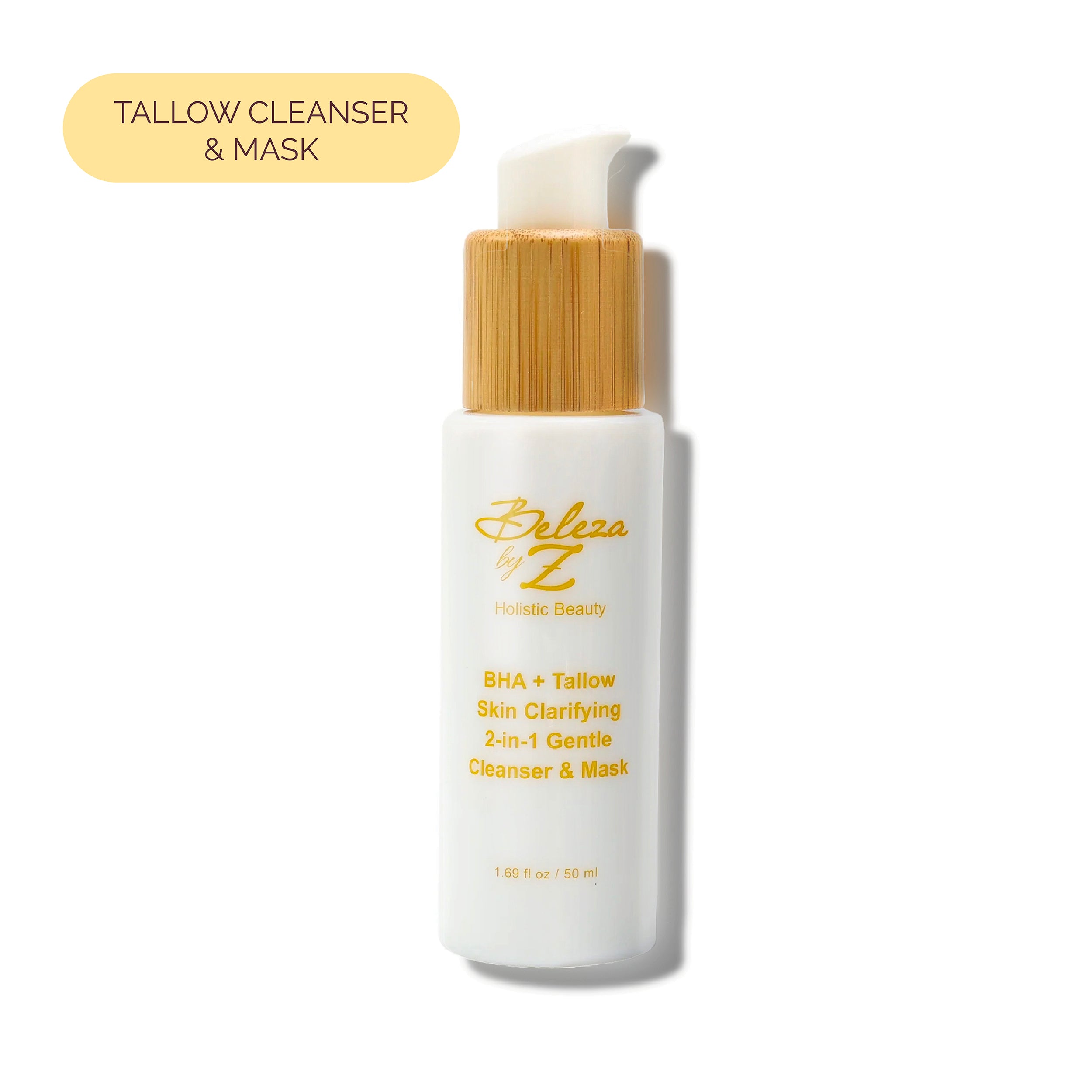
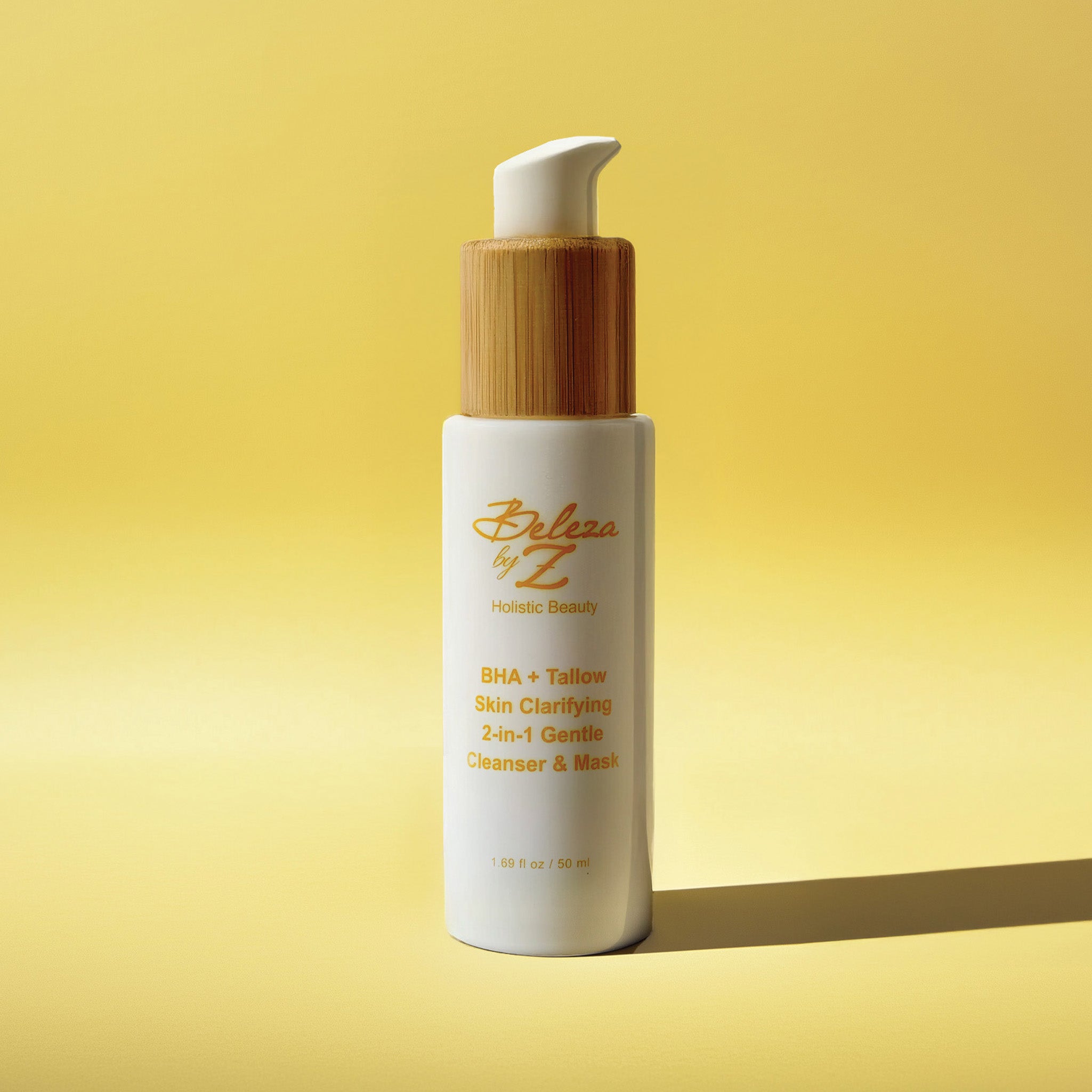
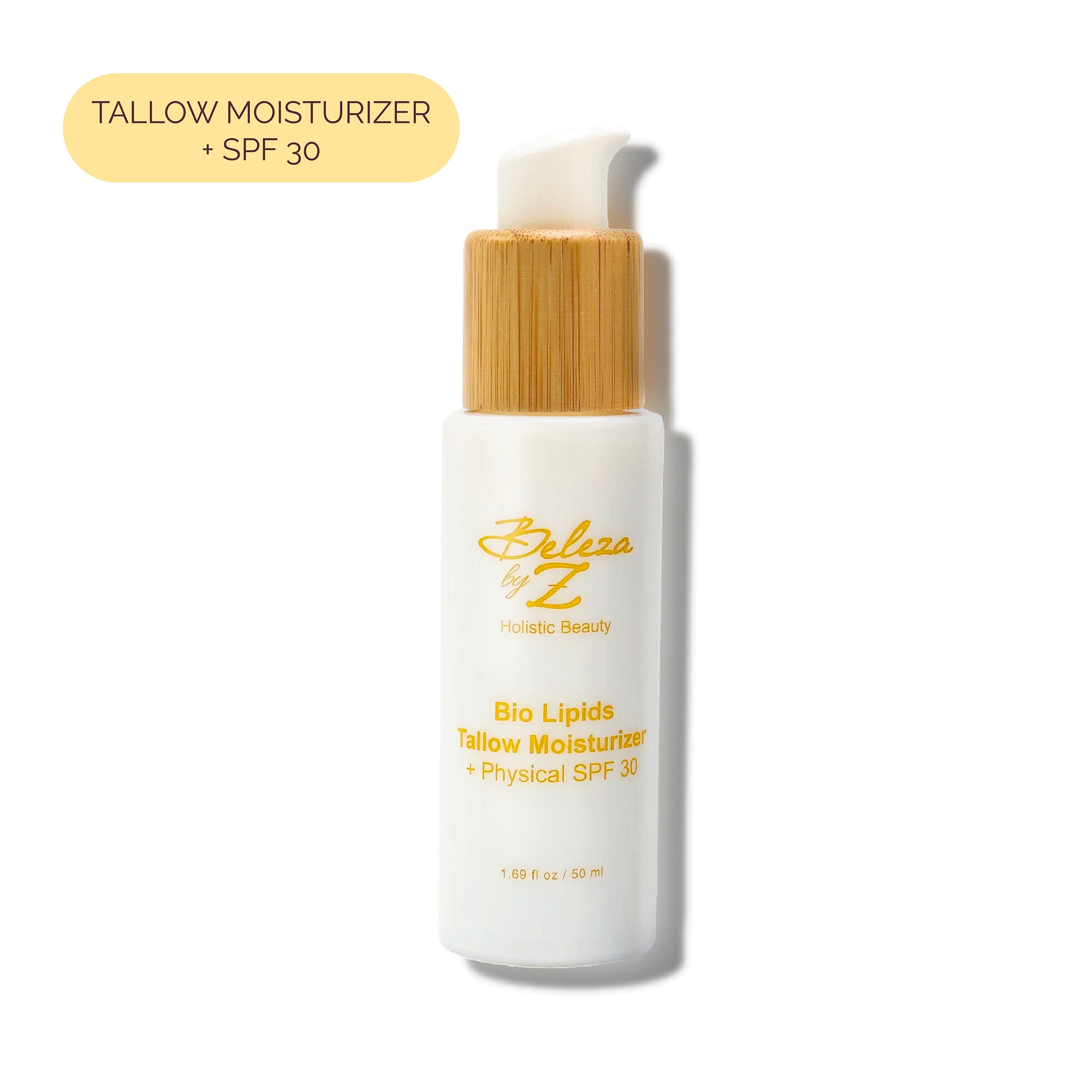

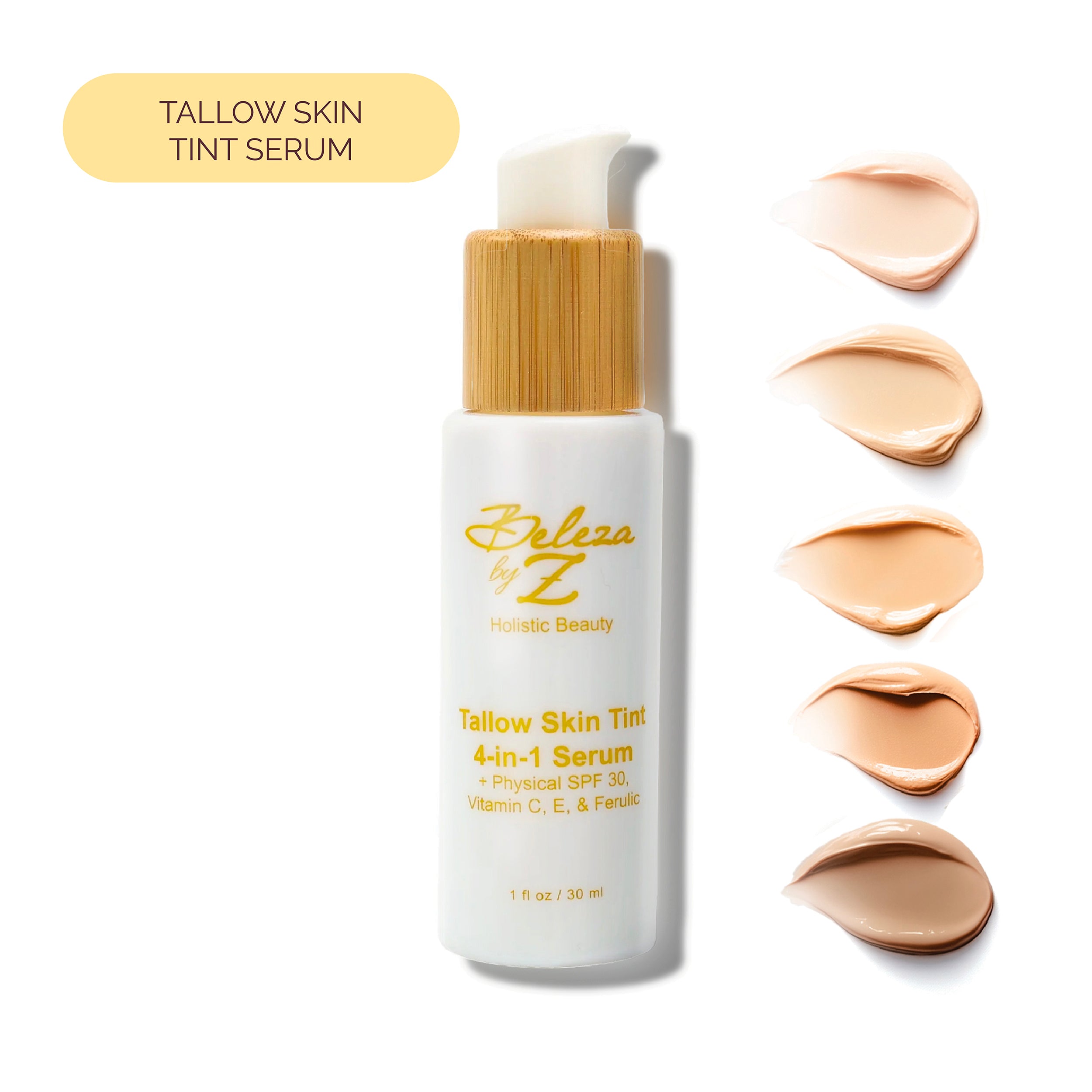
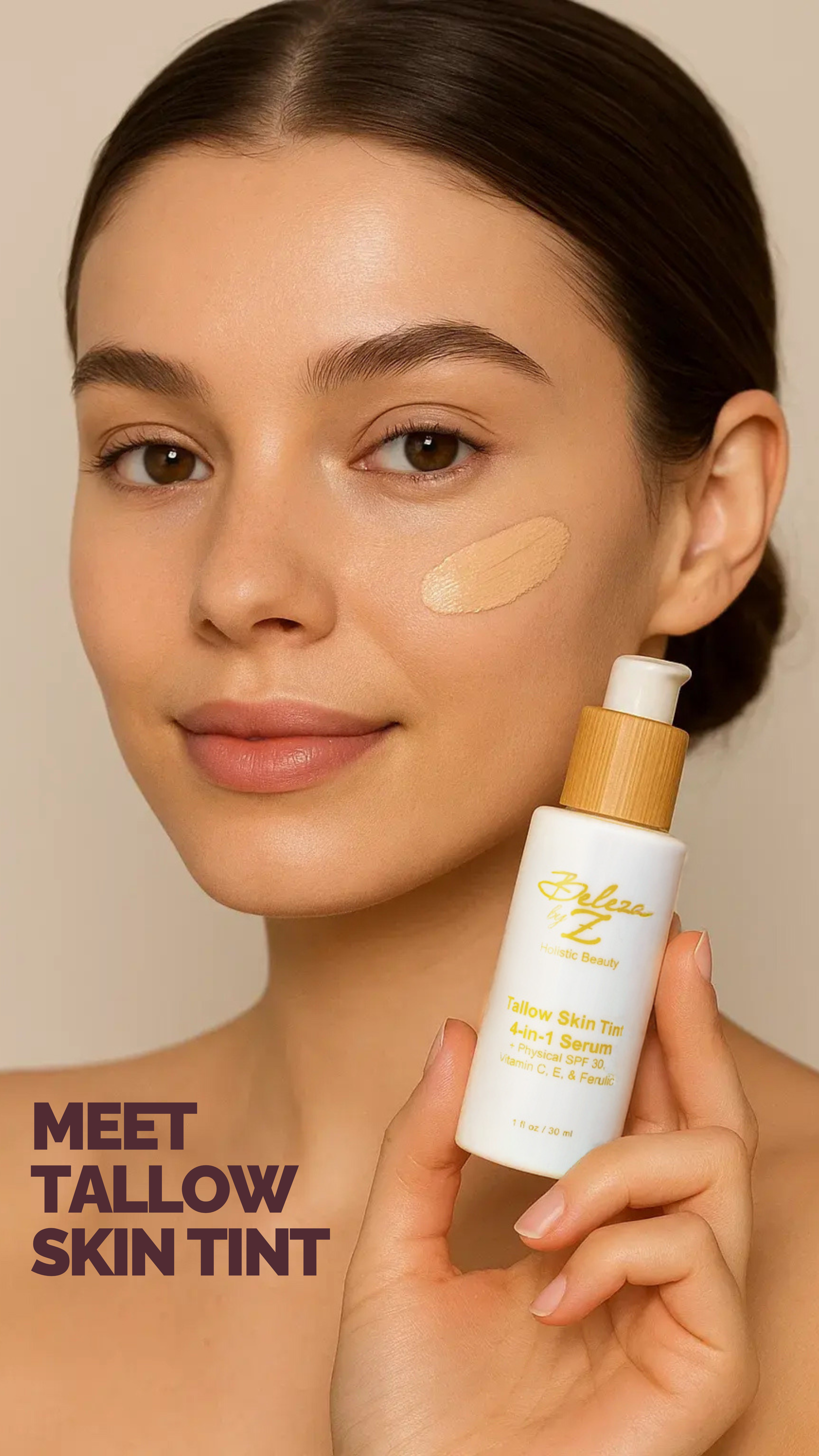
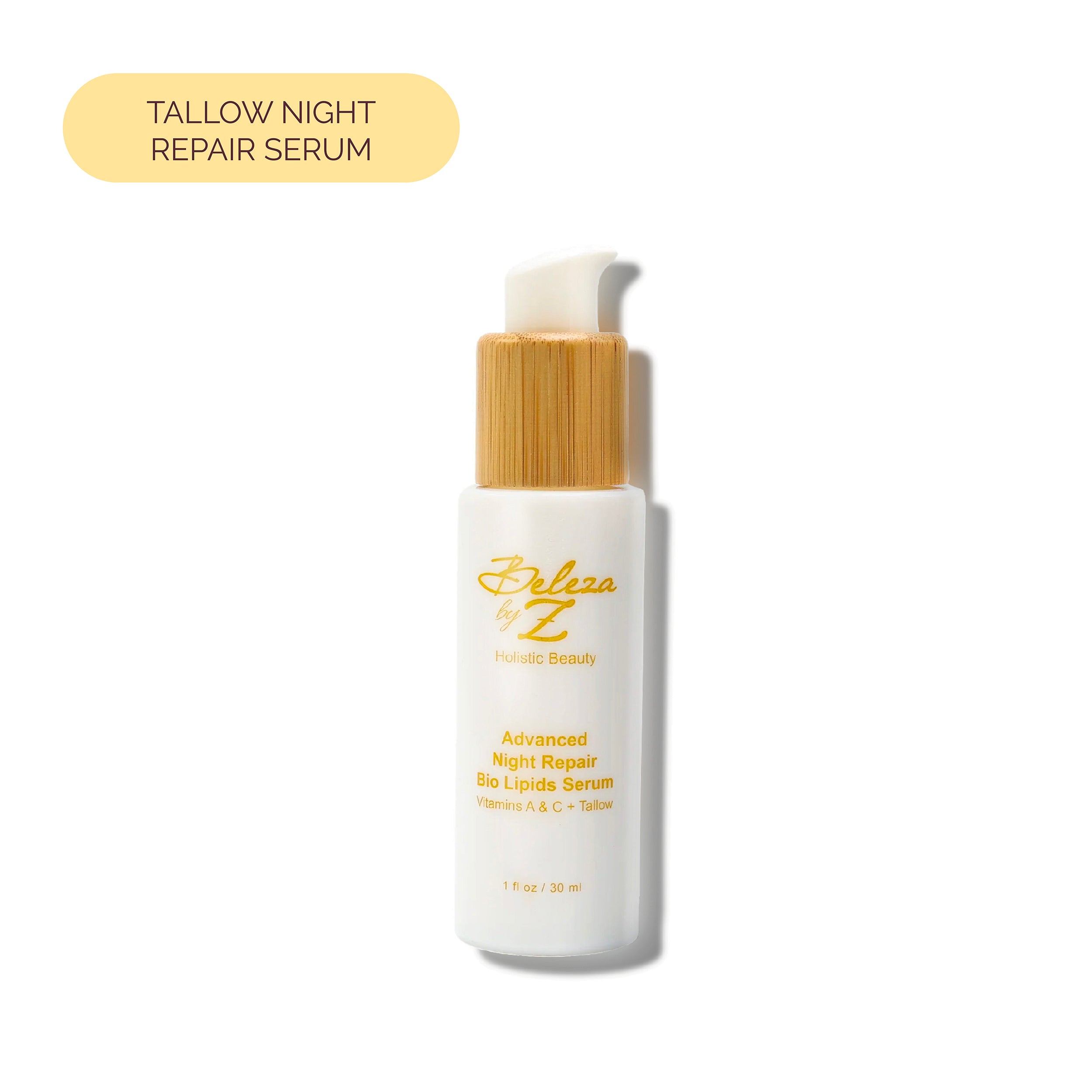
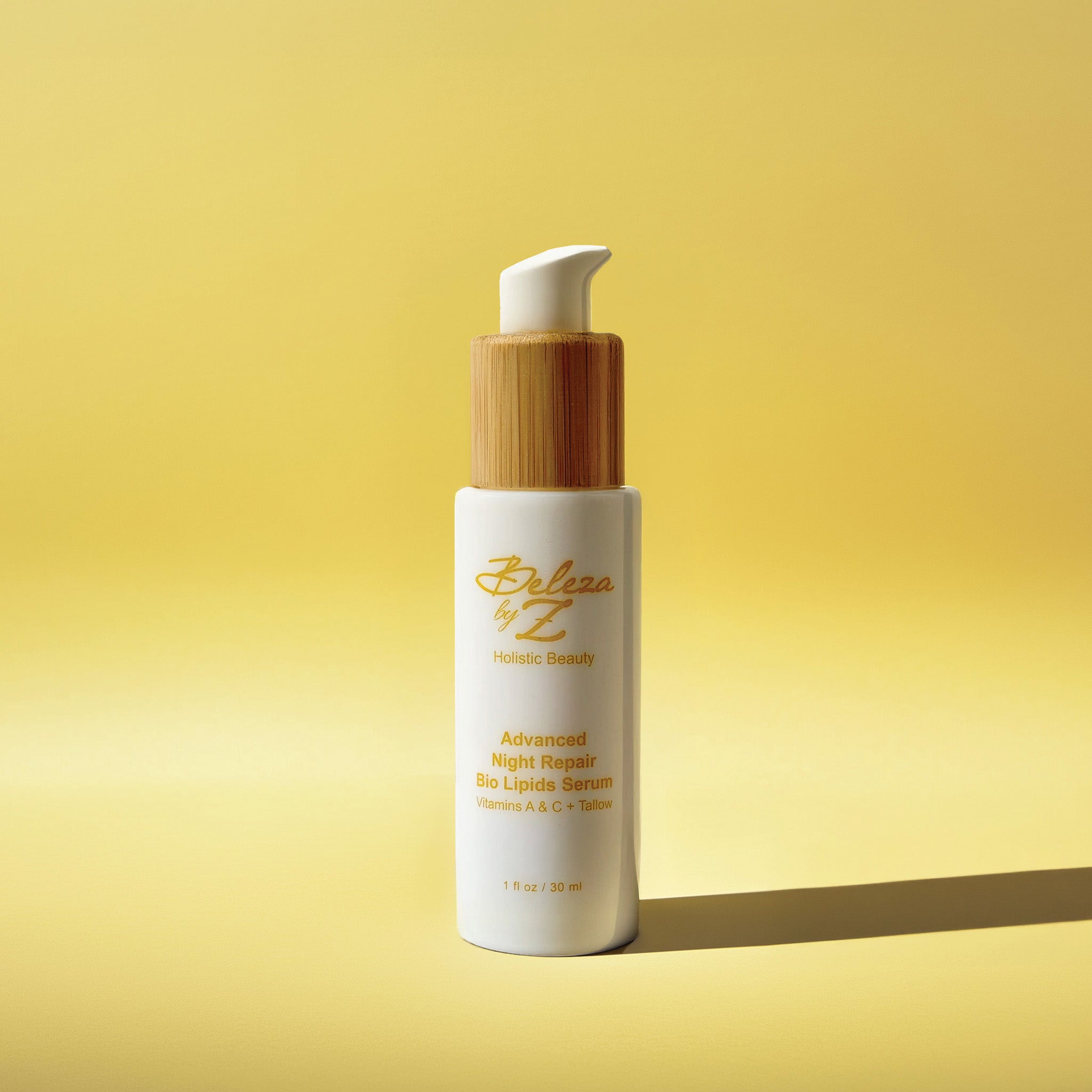
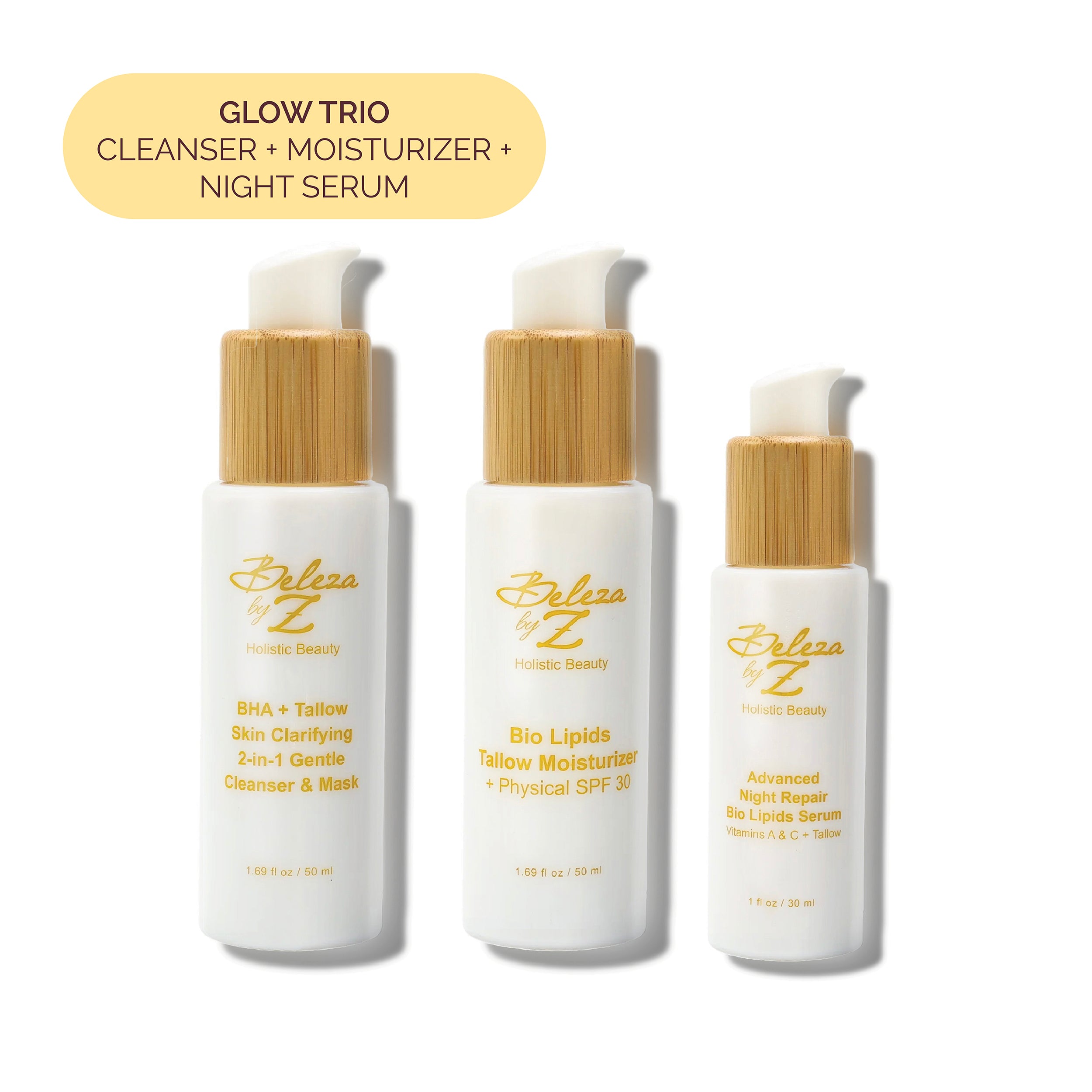
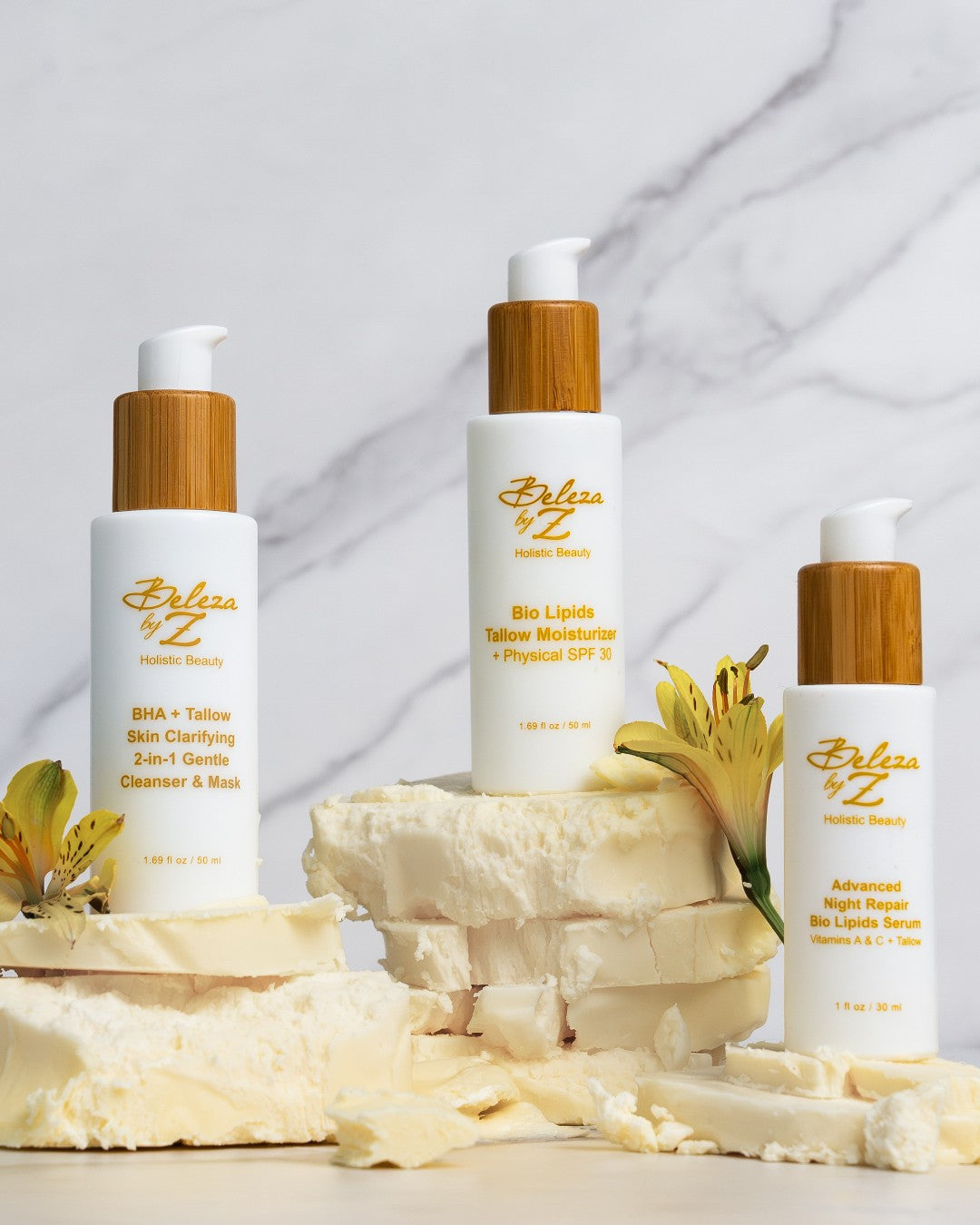

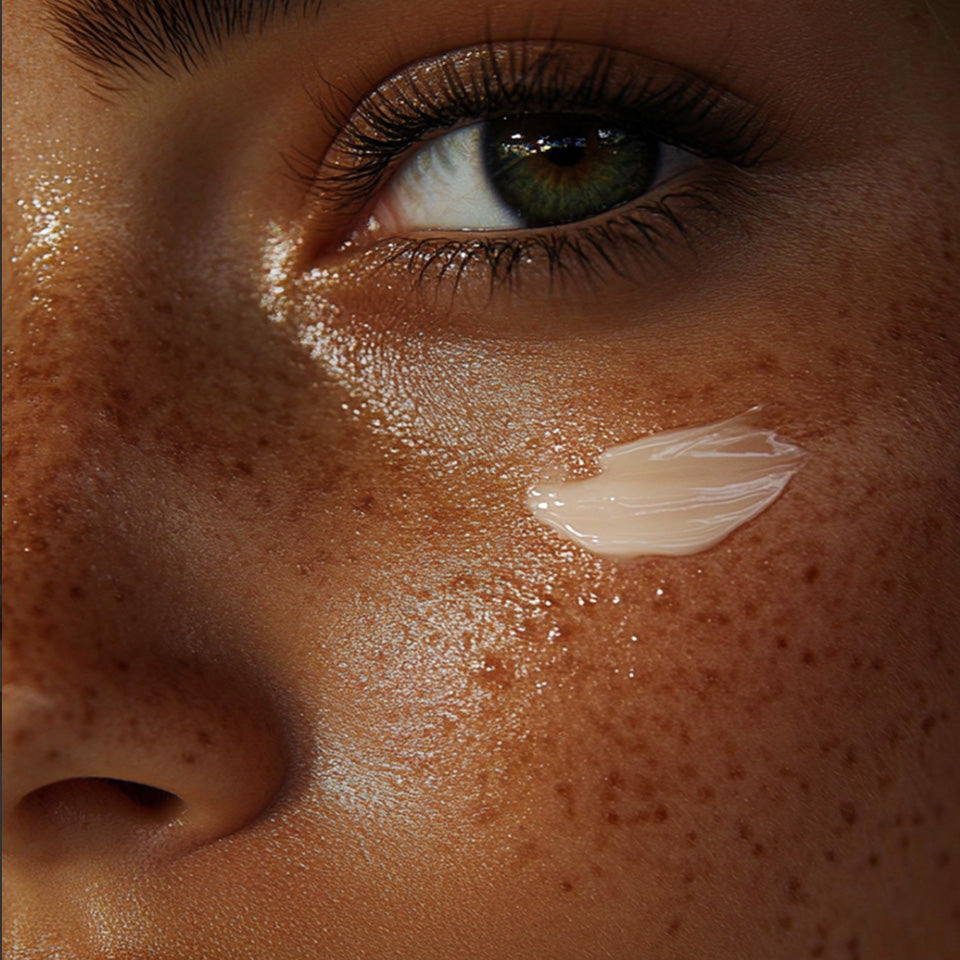
2 comentarios
Hi Kenya,
Thank you for your comment. The molecular structure of pure oil (without penetration enhancers) is too large to be absorbed by the skin, especially the scalp, which is thicker in comparison to the skin of the face. My advice for hair growth is to incorporate organ meats like beef liver into your diet. Beef liver is the most bioavailable source of vitamin A, meaning it’s immediately usable by the body without requiring metabolic conversion. This high concentration of vitamin A supports cell regeneration, helping to maintain a healthy scalp environment and stimulate hair follicles. Along with bioavailable biotin, B vitamins, iron, and zinc, beef liver contains a full amino acid profile (the building blocks of protein) necessary for hair growth from within, making it a superior choice for promoting strong, beautiful hair!
I have Lupus and a few years ago in 2019 my hair started to fall out. I immediately started working on some sort of Solution to apply to my scalp. I was surprised to find out that Biotin could not be absorbed topically for the results I wanted to achieve so I started mixing oils. Coconut, Vitamin E, Tea Tree, Olive Oil and Vitamin A to start with. I also mixed in Castor oil but it was obviously too heavy to mix w/ the others & I started to add Castor oil to my scalp on alternate days. I know my formula (ingredients) is a bit redundant but that’s why I’m still researching. Is there a topical retinoid that can be applied to the scalp? Would it be more prudent to scrap one of these above oils for Rose hip oil or should I stick with Vitamin oil and if so where does one find Vitamin A Oil that doesn’t have sugars or flavors? It’s been quite a chore for me. I’ve even bought the gel caps and squeezed out the liquid capsule by capsule to only end up with maybe 1/4 cup oil from 200 plus capsules. Could I use a fish oil alternative (though the smell would then be an issue)? I also don’t want to induce Vitamin A toxicity by combining the same Vitamin A laden ingredients together. Any thoughts on this matter? Tho my hair has grown back a bit thicker than before and I’ve seemed to suffer no I’ll affects , I’d like to help my Mother grow hers back too. Have you any knowledge to share regarding Vitamin A and hair regrowth?
Deje un comentario